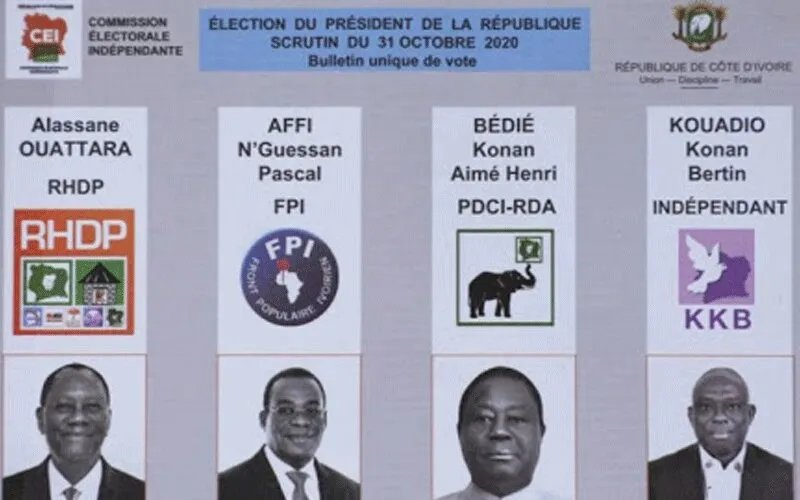Abidjan, 29 October, 2020 / 10:23 pm (ACI Africa).
Ahead of Ivory Coast’s Presidential election scheduled for Saturday, October 31, a Cleric ministering in the West African nation says the pre-election mood is a cause for concern and highlights some initiatives Church leaders are undertaking to advocate for peace amid rising tensions.
“The pre-election situation is worrying in Côte d'Ivoire and does not bode well for peaceful elections…and a peaceful post-election environment,” the National Executive Secretary of Justice, Peace, and Environment Commission of the Episcopal Conference of Ivory Coast (CECCI), Fr. Charles Olidjo Siwa has said in an interview published Wednesday, October, 28.
Multiple media reports indicate high tensions in the West African country characterized with several pockets of violence that have led to loss of lives and destruction of property.
Fr. Charles makes reference to “many sad events (that) have occurred in several cities of the country, where there are several deaths.”
The violence has attracted the condemnation of the United Nations (UN) Chief, Antonio Gutteres who has called on political leaders to “reject all hate speech and incitement to violence.”








